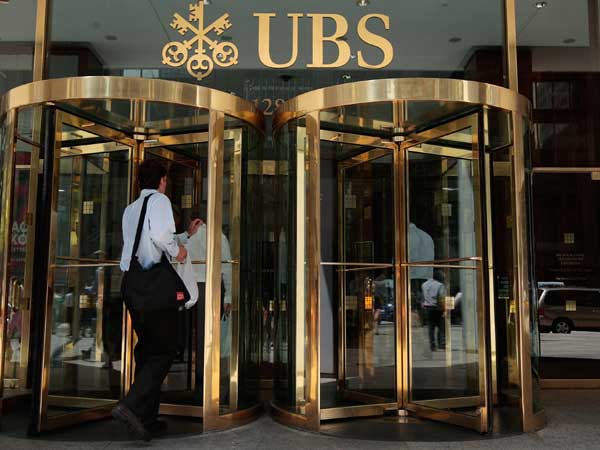
Swiss multinational investment bank UBS sees the best risk-reward coming from private corporate lending banks, rural-focused names and IT stocks while it finds infrastructure, industrials, small- and mid-caps unattractive after evaluating various scenarios after the general elections.
“We evaluate four scenarios of the government formation post elections in May 2019: Government with BJP as single-party majority; BJP-led coalition, under which it is dependent on a number of allies; Congress-led coalition, similar to 2004-08 and third front coalition of regional parties,” UBS said in a equity strategy report.
“The above scenarios imply that the best risk-reward could come from staying overweight private corporate lending banks especially those with retail liability franchise, rural-focused names, property, select consumer discretionary and IT.
Risk-reward still does not favour Small and Mid-cap stocks, infrastructure and industrials, based on our analysis,” UBS said.
The populist measures announced by government before and after the elections could help consumption stocks while they would be negative for industrial/infrastructure stocks, the report said.
“The manner in which populism has been funded leads to different outcome. Populism through fiscal expansion has more near-term effects—negative for rate-sensitive sectors like NBFCs and leveraged industries like infrastructure/industrials. However, it does have positive near-term effects on consumption-oriented sectors like consumer staples, two-wheelers, tractors and consumer discretionary, to a certain extent,” it said.
Populism funded by cutting down expense in other areas (the obvious one is capital expenditure) has limited short-term consequences, as fiscal discipline is not disturbed but there is loss of productivity in the longer term. Capex cycle stays sluggish under this option, especially if private capex is also running weak and industrials/infrastructure will be negatively impacted, said the report.
Market implications under different scenarios as per UBS estimates sees the Nifty in the range of 10,000-11,900 by December 2019 if BJP gets majority on its own, the Nifty in the range of 9,400-11,300 if BJP led coalition form government, the Nifty in the range of 8,800-11,300 if Congress led coalition forms government and in the range of 8,200-10,000 if third front coalition forms government.
“Despite weak earnings growth, the India market has re-rated over the past four to five years. This is very different from earlier periods of re-rating wherein earnings growth was supportive of higher multiples. Even looking at India's performance versus emerging markets (EMs) and globally, the past four years stood out,” UBS analysts said.
“The narrative around improving macro stability and reform agenda has helped improve investors' confidence about India’s long-term growth potential. This aided a meaningful rerating of Indian equities, both in absolute and relative terms,” UBS report said.



